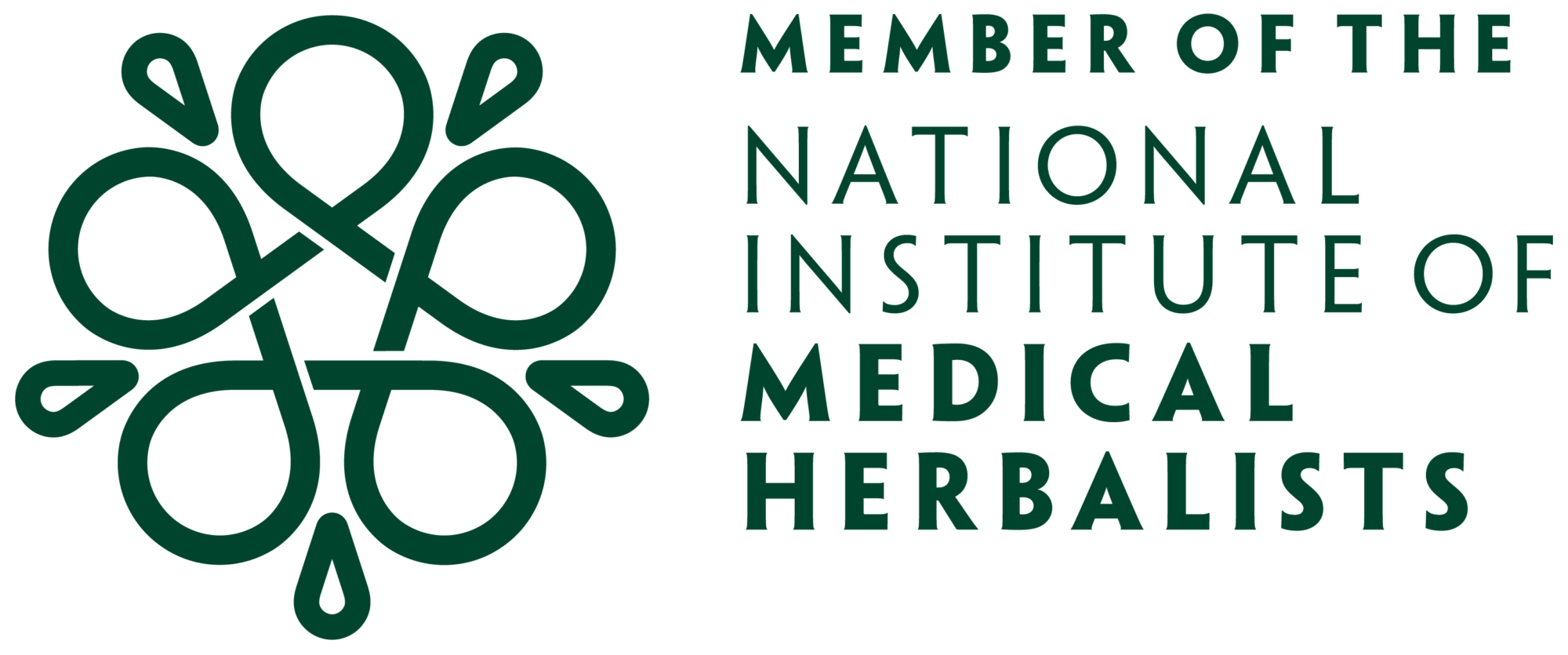
Medical herbalists go through very rigorous training and those who join professional bodies such as the National Institute of Medical Herbalists (NIMH), must adhere to a strong code of ethics and hold a BSc degree or equivalent in Herbal Medicine. This means alongside training in anatomy and physiology, pathophysiology and emerging with similar clinical skills as a GP – they also train in phytochemistry, plant medicine, nutrition and herbal therapeutics. Added to which, medical herbalists are expected to complete 500 hours of in-clinic apprenticeship before a patient can even step through their door.
However, one of the key differences to orthodox medicine is that a medical herbalist works holistically. Whilst this is a word often chucked about with gay abandon, it means that they work to treat the cause of the illness, rather than just the presenting symptoms.
In short, a medical herbalist uses therapeutic plant medicine to enhance health, alleviate discomfort and counteract disease states.

